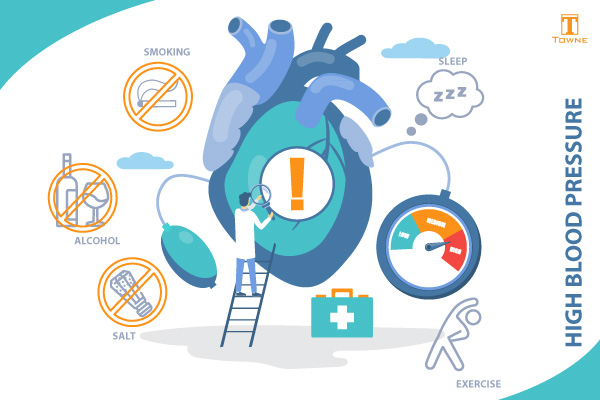Elderly residents of nursing facilities may not notice that they are having vision problems or may not be able to express the problem if they do recognize it. But early detection can be crucial in being able to treat a problem, especially those with sudden symptoms like detached retina or acute glaucoma. That’s why it’s important that caregivers are aware of the symptoms of vision problems and can point out a problem to the attending physician if they notice it.
Symptoms to look out for include:
Red eyes, eye pain and nausea. These can be symptoms of glaucoma. If untreated, these symptoms can lead to vision loss.
Sudden spots and floaters. Floaters and spots that appear gradually are a typical sign of aging and nothing to worry about, but if they appear suddenly they may signal a tear in the retina.
Pain or irritation on the surface of the eye is likely due to dry eyes syndrome which is uncomfortable but not life threatening. An eye doctor can recommend treatment and lifestyle changes which will alleviate the discomfort.
Vision blurring in one eye can be a symptom of macular degeneration (AMD) or a macular hole and requires treatment so it doesn’t worsen.
If an elderly patient complains that they see a dark curtain covering their field of vision, it’s important to ask whether this is a persistent condition or a one-time one. If it’s persistent, it may be the result of a detached retina. If it is a temporary system, it may be the result of a mini-stroke.
If a patient can only see what’s directly in front of him or her, this is called a narrow field of vision and may be a symptom or a stroke or glaucoma.
Double vision may signify a problem in the eye itself or a problem in the muscles, nerves or brain, and requires immediate attention by a doctor.
Diabetic patients should be having more regular eye checks than other patients, since they are at higher risk for vision problems. If a patient has blurred vision, this can be related to the diabetes and should be dealt with quickly.
Gradual vision loss and distorted vision may indicate the presence of age related macular degeneration (AMD). This disease is common and often treatable.
Clouded visions, halos at night and dull colors can be symptoms of cataracts. Patients in nursing facilities who aren’t driving can generally put off cataract surgery if the problem isn’t bothering them that much. But if it interferes with reading or watching TV, they may be interested in removing the cataracts. Their physician should be consulted to see whether they are candidates for surgery.
If you notice any of these issues in your patients’ vision, let the doctor on the floor know about it. Early detection is key.







